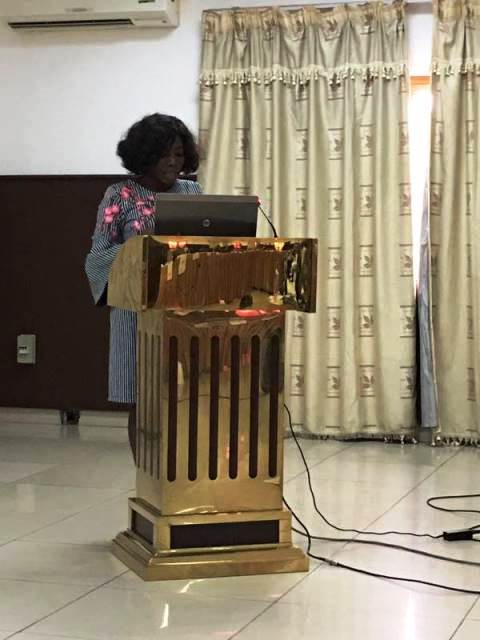

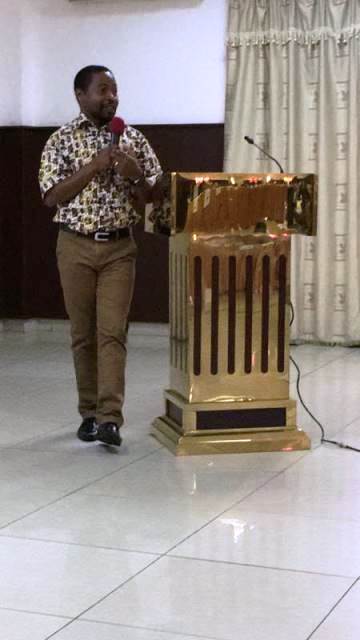
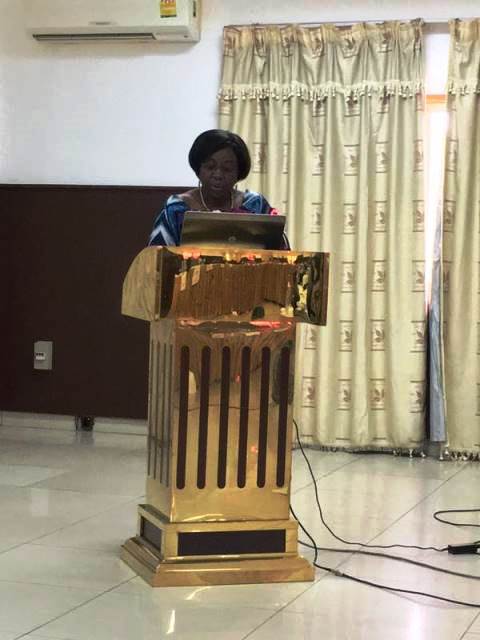
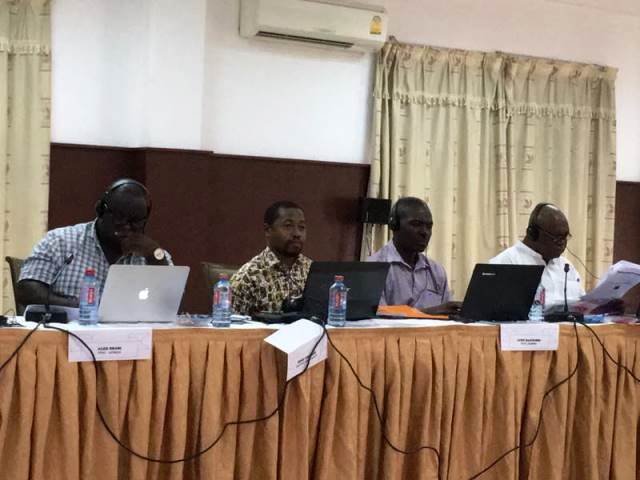
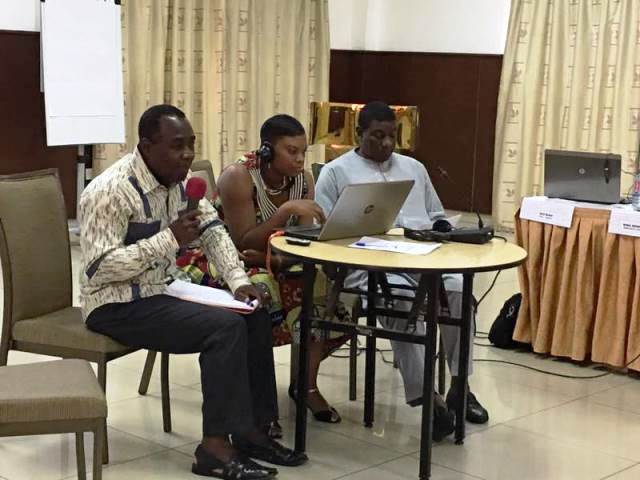
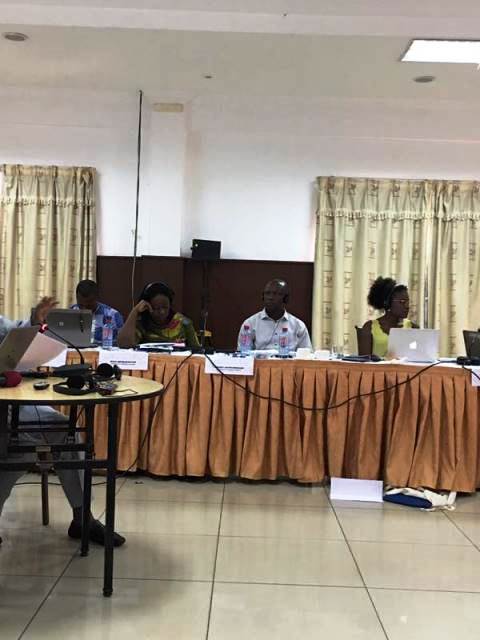
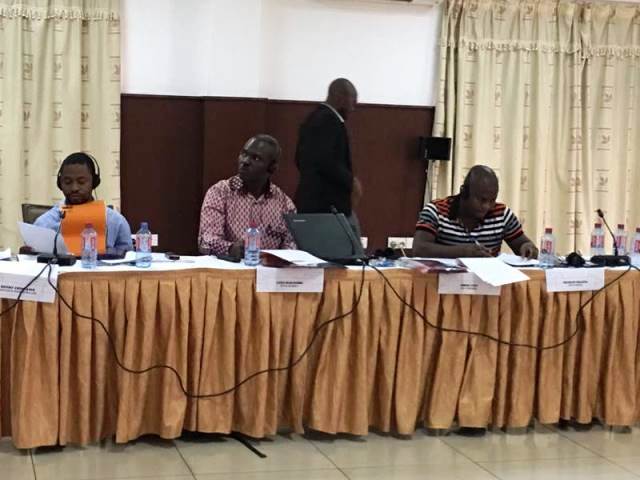
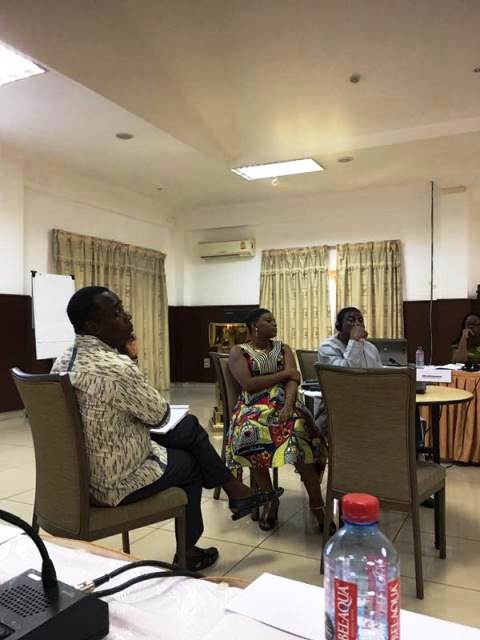
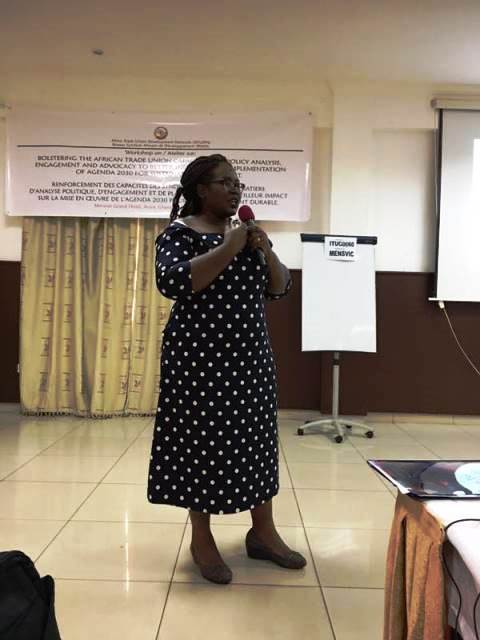
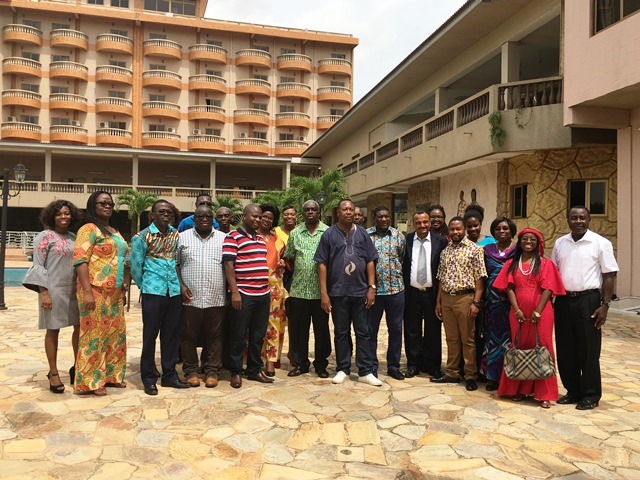
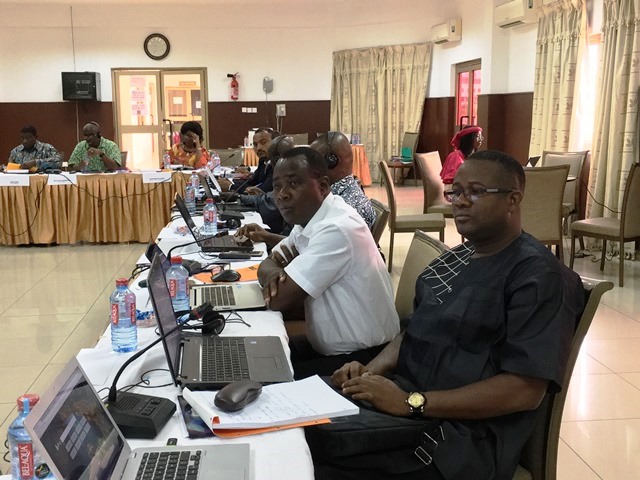
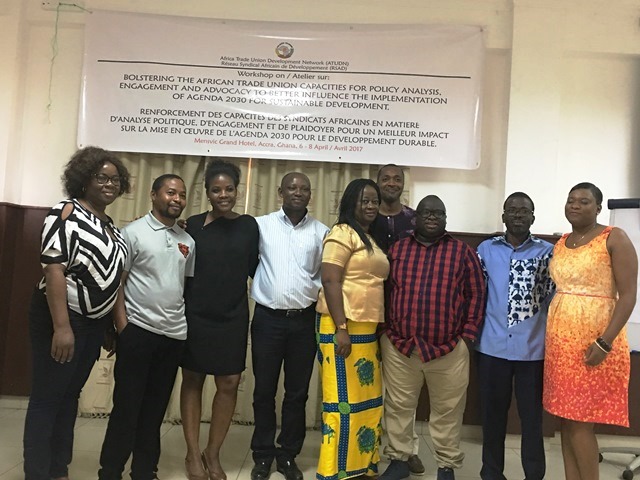
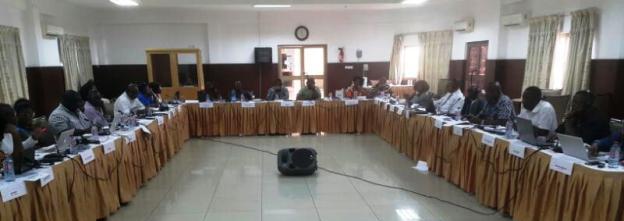
Bolstering the African Trade Union Capacities for Policy Analysis, Engagement and Advocacy to better influence the implementation of Agenda 2030 for Sustainable Development.
As full-fledged development actors, African trade unions represent not only a strategic but also a forbearing potential for effective implementation of the continent’s development programs and policies.
It is in this order that the African Regional Organization of the International Trade Union Confederation (ITUC-Africa) and the African Trade Union Network for Development Cooperation (RSACD) are organizing a workshop in Accra Ghana from 6-8 April 2017 to strengthen the capacity of their members for a better engagement in the process of implementing the UN Agenda 2030 for Sustainable Development.
About thirty participants comprising of ATUDN members, ITUC-Africa program co-ordinators, researchers and representatives of the sub-regional trade union organizations EATUC (East African Trade Union Confederations) and OTUWA (Organization of Trade Unions of West Africa) are taking part in this workshop.
During three days of intensive work in plenary and working groups, the participants will be expected to reflect on and define the theoretical and ideological framework that will serve as policy position of ITUC-Africa and its affiliates. This workshop will also help strengthen the capacities of the ATUDN members and that of the program coordinators of ITUC-Africa in its policy and strategy development process.
History reminds us that in Africa, the trade union movement has always been the bulwark of abuses perpetrated against workers’ rights. Not only has it played a decisive role in the elimination of autocratic regimes in Africa, but it has also contributed to the economic development of the continent.
As one of the main factors of production, trade unions represent human activity aimed at exploiting the resources available for the creation of wealth that can ultimately serve to improve the well-being of individuals and the population in general.
Trade unions therefore constitute an important guarantor of the improvement of socio-economic and political conditions in African countries. And with this in mind, capacity building for trade unions is very important in enabling them to actively influence the socio-economic policies put in place by governments and development actors in Africa.

